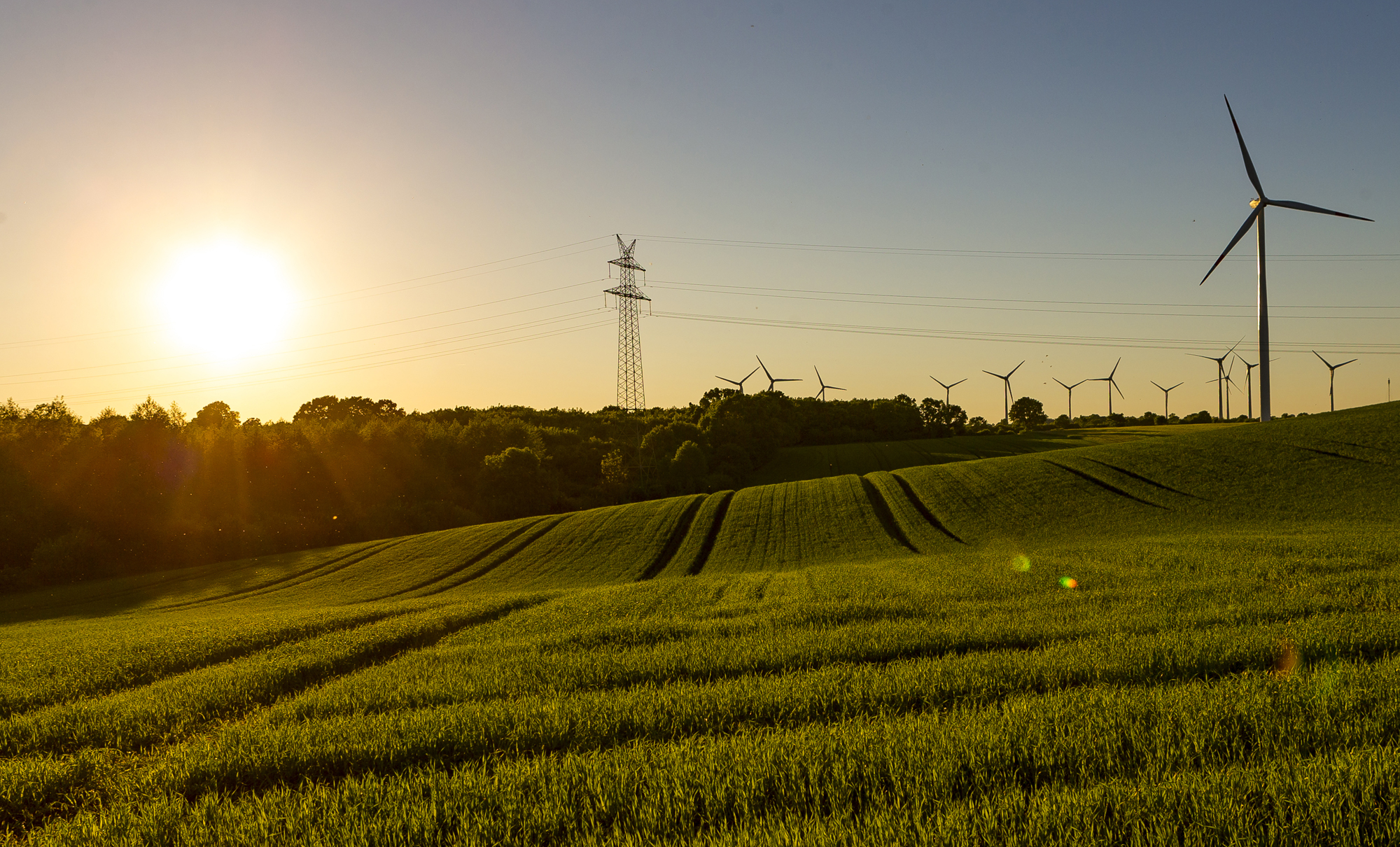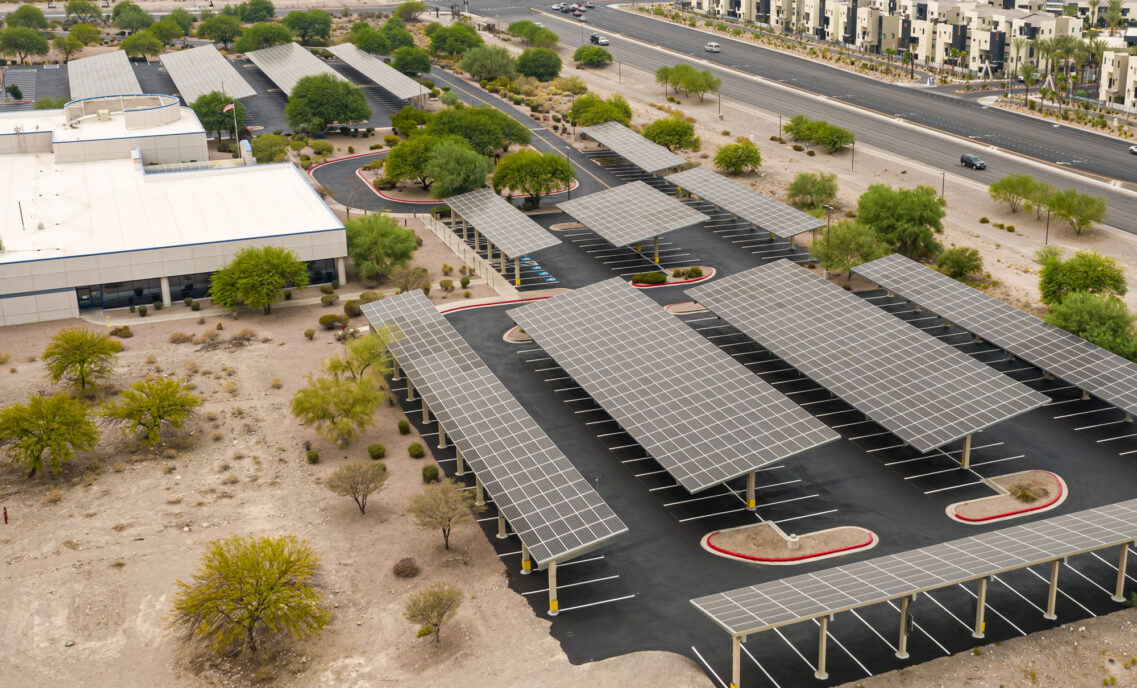Levi Strauss & Co.’s long track record of action and advocacy on climate is grounded in the understanding that climate change poses a grave threat to the planet, its communities, and the ability to do business in the decades to come. The global coronavirus pandemic is bringing the connection to public health into focus as well. In recognition of Earth Day this week, we interviewed experts at the nexus of climate and public health to better understand the links and what needs to be done. Below are their abridged insights. You can read their full responses here as well.
How are climate change and public health related?
Jessica Wolff, Director of Climate and Health, Health Care Without Harm: Climate change is a public health crisis. [It] is already damaging human health and will have a greater impact in the future, disproportionately impacting vulnerable populations. [It also] impacts our weather, our environment, the quality of the air we breathe and water we drink, and the food we eat.
Trish Koman, PhD, MPP, Univ. of Michigan, School of Public Health and College of Engineering: Climate change is a threat multiplier, and at that core of that is warming. Warming increases extreme heat and heat-related cardiovascular disease and death. [It] also worsens severe weather, air pollution and increased allergens which relate to respiratory health and asthma. [And] warming can impact water quality and disrupt our food supply, relating to increases in water-borne infection disease, malnutrition, and diarrheal disease (a major threat to children globally).
Cecile Oger, Director, Business for Social Responsibility (BSR): Climate change has intensified in the last several decades, and so have the impacts of climate change on public health. [This includes] increases in the frequency, intensity, and duration of extreme heat as well as the rising incidence of extreme weather events such as floods and storms leading to changes in the distribution and burden of vector-borne diseases (such as malaria and dengue); and water-borne infectious diseases (e.g. cholera), human undernutrition from crop failure, population displacement from sea-level rise, and occupational health risks.
Tom Murray, Vice President, EDF+Business, Environmental Defense Fund (EDF): Too often, the air we breathe, the food and water we consume, and the household products we bring into our homes contain pollutants or toxic chemicals that can harm both our health and the planet. A nationwide study showing long-term exposure to air pollution is associated with higher death rates from COVID-19 further highlights this interconnectedness. Fortunately, there is significant overlap when it comes to finding solutions for addressing climate change and improving public health.
How should businesses promote public health through their sustainability efforts?
Rachelle Wenger, System Vice President, Public Policy & Advocacy Engagement, CommonSpirit Health: When people and the planet aren’t healthy, the economics come tumbling down and business as usual grinds to a halt. This isn’t hyperbole, it’s the reality we are living today. I believe that resilient companies will have a deeper appreciation for how economic health is tied to environmental and community health. Sustainability is not an aside effort for these companies, but rather is fundamental to their strategic plans and their understanding of long-term economic success.
Cecile: Companies should think across their entire value chain and assess where it is that their operations, behaviors, and activities are having a negative impact on public health, what that impact is, and how to mitigate it. In this crisis, many companies in many sectors are demonstrating that they can take steps that build business and societal resilience . . . [and] that they can leverage their management practices, assets, products, services, and innovation to lessen their negative impacts and/or provide solutions during the COVID-19 crisis.
Tom: First, companies can remove toxic chemicals from everyday products and food that they sell and replace them with truly safer alternatives. Second, companies can help drive significant reductions in air pollution by reducing greenhouse gas emissions along their supply chain that also contribute to worsening air quality – like transportation and building operations.
Jessica: Businesses should understand and promote the connections between environmental and human health and invest in sustainability initiatives that directly improve the health of their staff and communities. By investing in the transition to a clean energy economy, businesses are supporting health. Ideally, this is done locally and through innovative partnerships to directly improve air quality and support the local economy.
What can we learn from the COVID-19 pandemic and how can we apply those learnings to addressing the climate crisis?
Jessica: The COVID-19 crisis has shown us what it looks like when we are unprepared and also that we can work together to change behaviors and systems at an unprecedented rate. Let’s take those lessons and bring renewed faith and determination to addressing the climate crisis.
Cecile: First: Humility. We were not prepared for this crisis. No government, market, leader, or business was properly prepared. We have discovered that we are a vulnerable species Second: The power of collaboration. The COVID-19 crisis demonstrates that humanity can work together to find solutions, and business has a massive role to play. Third: People at the center. This crisis has put humans back at the center. Let’s not forget that climate change impacts our planet but also its inhabitants. It’s time to take serious care of our climate to preserve our health and that of our planet.
Trish: We need to involve communities and be inclusive about finding solutions that support justice as well as sustainability. As we reshape our economy, how can people return to work and students return to school in a way that promotes a greener, healthier future? From this pandemic, we can carry over a focus on health as a core value into efforts to decarbonize our economies.
Tom: If we simply return to business as usual after this pandemic, we’ll continue to face immense environmental, health and economic risks. That’s why it’s so important that as the economy recovers and companies get back on their feet, business leaders double-down on their commitment to solving the climate crisis. . . By building a low-carbon economy, we can not only reduce environmental threats, but also create a stronger, more resilient future that safeguards human health for generations to come.
Rachelle: If there is anything we are learning during this time is how precious life is and how fragile community health and livelihoods are. We know that COVID-19 has disrupted our supply chains, impacted customer needs and budgets, and changed the landscape of employment. We also know that those with chronic conditions are at higher risk, that the most vulnerable are the economically and socially disadvantaged. We know that in some communities, our black and brown sisters and brothers who make up the “essential workforce” are suffering and dying at a disproportionate rate. We know that COVID-19 is teaching us to safeguard life, to make our companies more resilient, to prioritize resource and supply frameworks that will sustain humankind, and to get on with the business of rebuilding not for yesterday but for tomorrow and generations to come. Now reread this paragraph by replacing COVID-19 with climate change and be reminded of what we are not only already experiencing but also already know. We can collectively act to build back and better.







